INTERNATIONAL RELATIONS
INTERNATIONAL RELATIONS
Evolved weapons and Ankara’s involvement change the balance in Libya, says International Relations analyst Giannis Ioannou
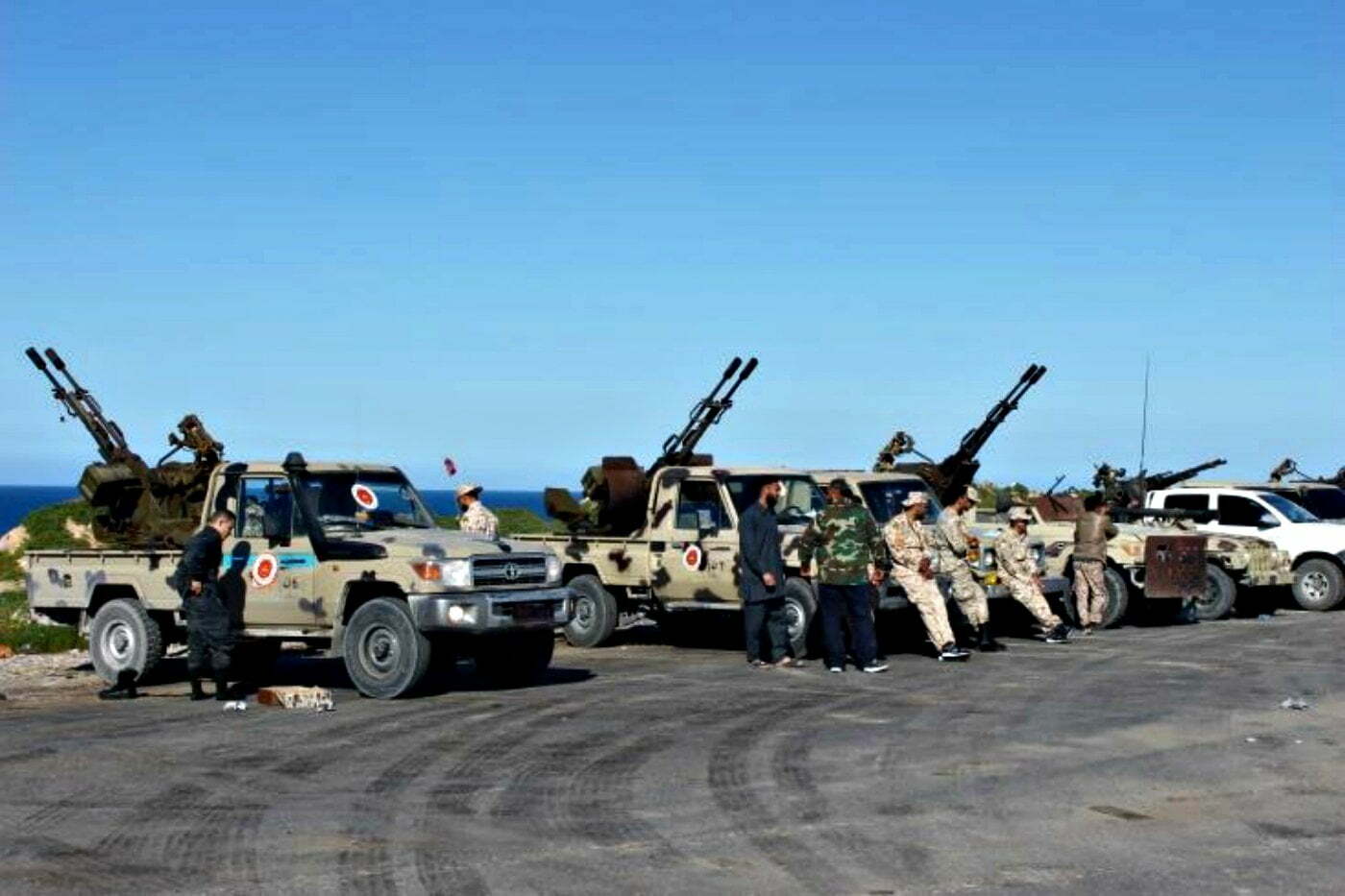
Turkey’s involvement in the Libyan civil war, alongside Tripoli and the Prime Minister, Fagez al-Saraj, is aimed at future benefits, as another round of clashes with advanced weapon systems that change the balance is raging in the country, says international relations analyst Giannis Ioannou.
The Berlin summit last January, instead of solutions, seems to have set the stage for a resurgence of the conflict, the co-founder of Geopolitical Cyprus told CNA. However, he believes that in Libya it is difficult to be an absolute winner or a loser, and despite the redistribution of power on the ground, he expects the two sides to come to a standstill and lead to new negotiations.
“Turkey’s involvement is aimed at a new round of dialogue, in which it will claim a prominent place at the negotiating table,” Mr Ioannou added, without ignoring the importance of involving other players, such as Russia and the United Arab Emirates. HAE).
Despite the decisions in Berlin, the regional forces that support the two warring sides, the Government of National Accord (GNA) of the Saraj and the Libyan National Army (LNA) of the General Khalifa Haftar, are entering the conflict this time with more advanced weapon systems, such as drones, he says.
He explains that Turkey’s contribution through drones, by boosting Tripoli’s air defence and the presence of Turkish ships off Libya’s coast, has helped reverse Haftar’s power in the airspace.
“Despite the conditions of the coronavirus, Turkey manages to maintain its operational capability in such conflicts,” he said. At the same time, he notes the geopolitical value of Libya, as an entry point for Africa, but also as the western tip of the Eastern Mediterranean, which is of particular interest to Ankara that signed the Turkish-Libyan memorandum with Saraj on demarcation of sea zones.
Mr Ioannou explains that hostilities in Libya have intensified in the last month, following the start of Operation Peace Storm, which was launched on March 26th by the Tripoli government. This is in stark contrast to what happened a year ago, when Haftar was advancing to capture the Libyan capital.
Following the GNA’s advance, which culminated on April 14, the internationally recognized Libyan government occupied seven towns controlled by Haftar, including the coastal towns of Sabratha and Sorman, which are of particular strategic importance. The recaptured area is equal to 500 sq.km. and is a blow to the credibility and political role that Haftar aspires to play, Mr Ioannou said.
This development restores the initial assessment that “Haftar will not take a walk, he will not occupy Tripoli so easily” while the involvement of Turkey will turn the game against him, he adds.
Mr Ioannou attaches particular importance to the fact that after March, regional forces supporting the warring parties have begun to strengthen, as they continue to violate the arms embargo. There is a transfer of military equipment, both from the UAE to Haftar’s LNA, and from Turkey to Saraj’s GNA, he says.
“What has not been realized is that the Libyan crisis reflects a regional power rivalry between Turkey and the UAE,” as far as it concerns the interpretation of the civil Islam, he said.
He also notes that Libya is of particular interest as a regional conflict, as it has become a testing ground for new weapon systems, using unmanned aerial vehicles for tactical purposes. Due to developments in Libya, the global arms industry can and does collect data and know-how about the operation of drones, he says.
He explains that this is mainly about the confrontation between two types of drones of the same category. On the one hand, there are the WingLoongs owned by the UAE, which are of Chinese manufacture and origin, and the Anka-S and Bayraktar TB2, which are produced domestically by the Turkish defence industry.
Bayraktar is the same as the drones sent by Ankara a few months ago to occupied Cyprus, which landed in Lefkoniko. However, what seems to be changing the balance of hostilities in Libya in favor of Saraj is, according to Mr Ioannou, the Anka-S.
Regarding the role of the EU, the international relations expert says that the “Irini” naval mission to monitor the arms embargo is expected to stabilize the situation to a certain extent. However, he said the EU had shown oligarchy, as the amount of weapons that arrived in the country during the truce was capable of rekindling the conflict.
Mr Ioannou says the coronavirus pandemic may be a key factor in ending the conflict, similar to what has happened in Syria, where hostilities have frozen. “If the situation with the pandemic escalates, they will have to stop,” he said. A low number of confirmed cases is currently being recorded, with 61 people being positive to the virus and two deaths in the country.
Freddy Beleris | Ιn jail until October
The elected mayor of Heimarra and Member of the European Parliament of New Democracy will remain in prison until October…
Ukraine | Satellite images depict destruction of Russian drone base
Ukraine claims that satellite images show the destruction of a Russian warehouse used to launch Iranian-made drones and train cadets.
EU | Accession negotiations with Ukraine and Moldova officially kick off Tuesday
EU Finance Ministers meeting in Luxembourg formally approved the framework for negotiations with the two candidate countries…
EUROSATORY 2024 | Missile Artillery Solutions from MBDA
With such a large number of interested attendees at MBDA’s pavilion at the Eurosatory 2024 Defence exhibition, the stand reminded of an…
KNDS | Showcases full range of LEOPARD battle tanks at EUROSATORY
KNDS continues to expand its technological advantage in the field of main battle tank development, as we have witnessed at the Defence and…
THEON SENSORS | Distinguishing appearance at EUROSATORY 2024 with new range of products
THEON SENSORS attended the International Defence and Security Exhibition EUROSATORY 2024 as an ambassador of Greek innovation…
Ministry of Defence | Organization of Hellenic EDF Info Day
A Conference entitled “EDF Info Day” is organized in the Amphitheater of the National Gallery on Tuesday, July 9 from 09:00 to 17:00.
ALTUS LSA | Participates in EUROSATORY 2024 with KERVEROS in the foreground
The participation of ALTUS LSA in EUROSATORY 2024 is among the Greek participations of operational significance.
Freddy Beleris | Ιn jail until October
The elected mayor of Heimarra and Member of the European Parliament of New Democracy will remain in prison until October…




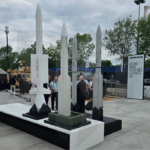
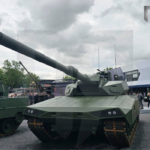

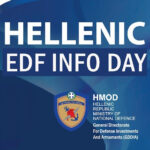

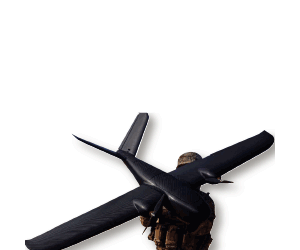
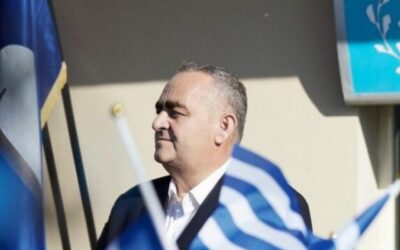
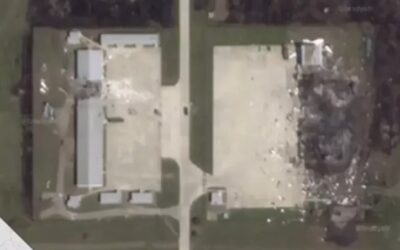
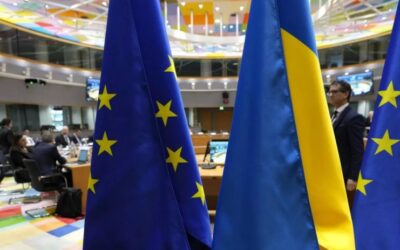
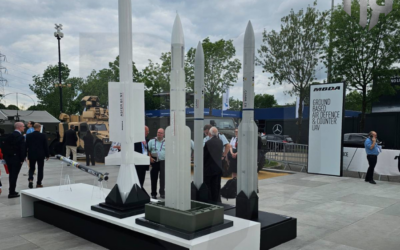
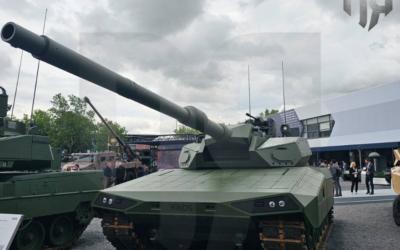
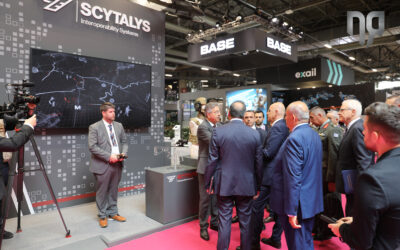

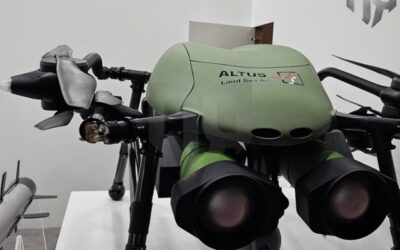
0 Comments